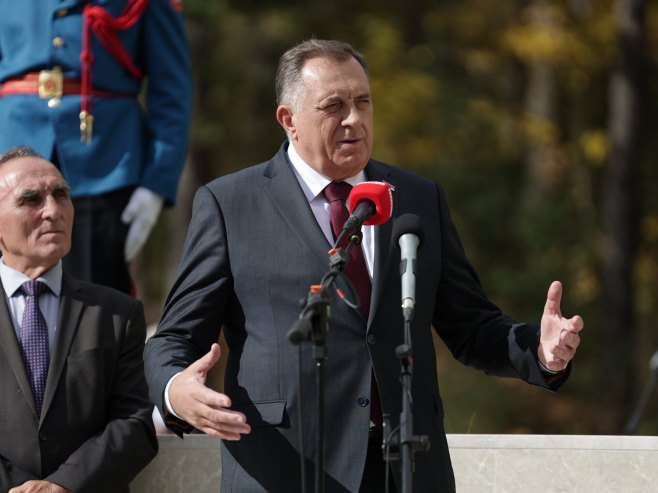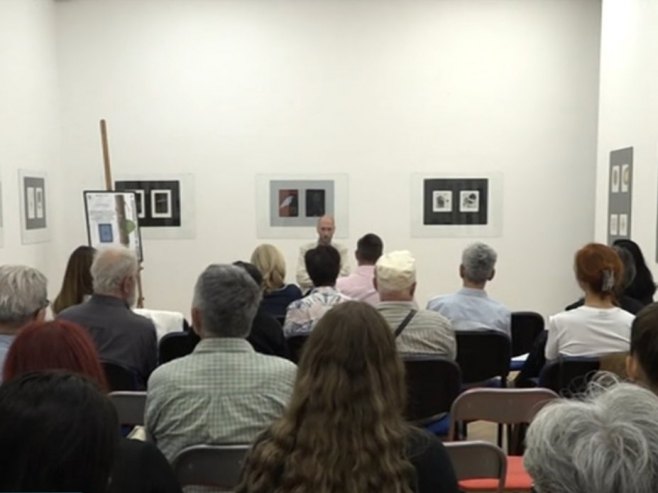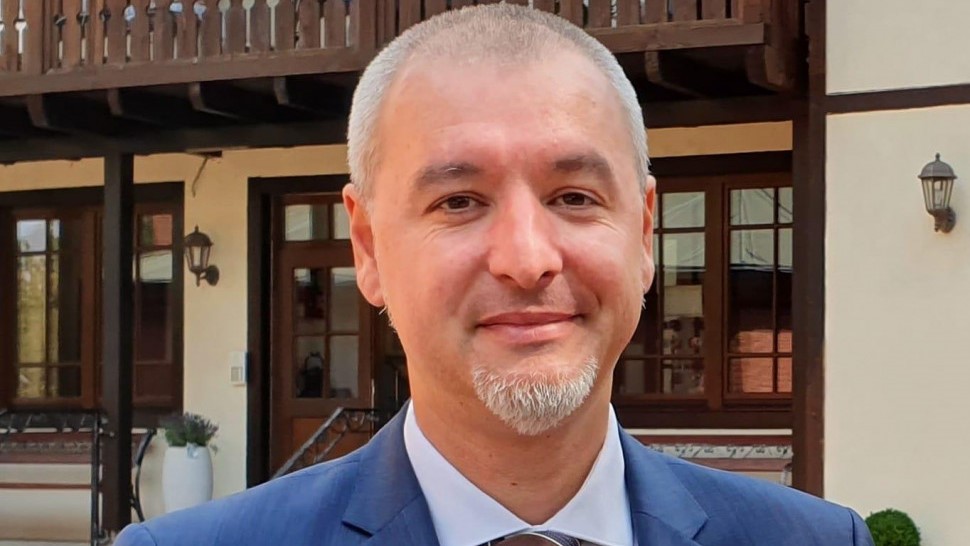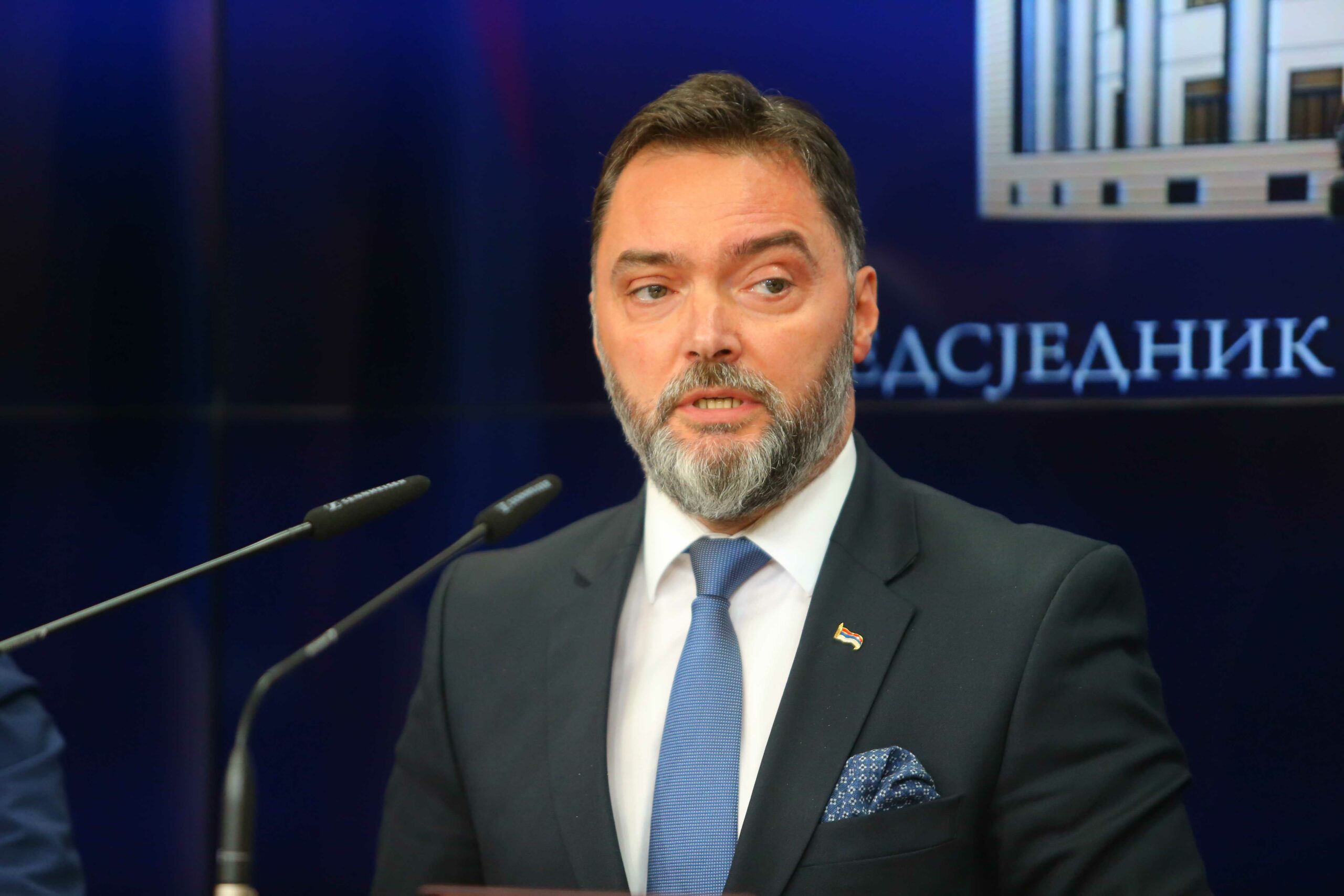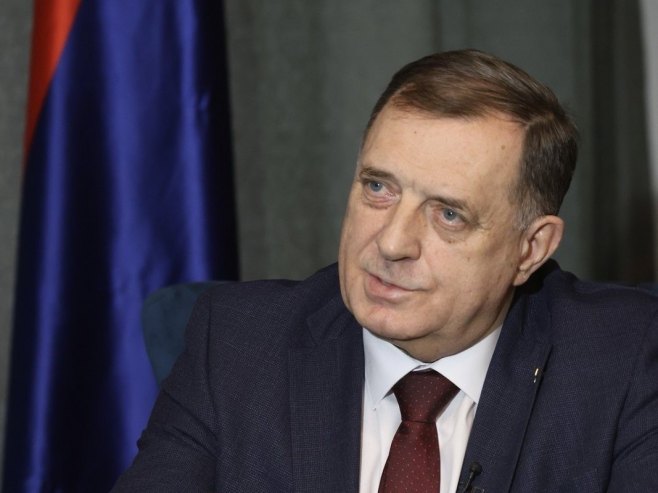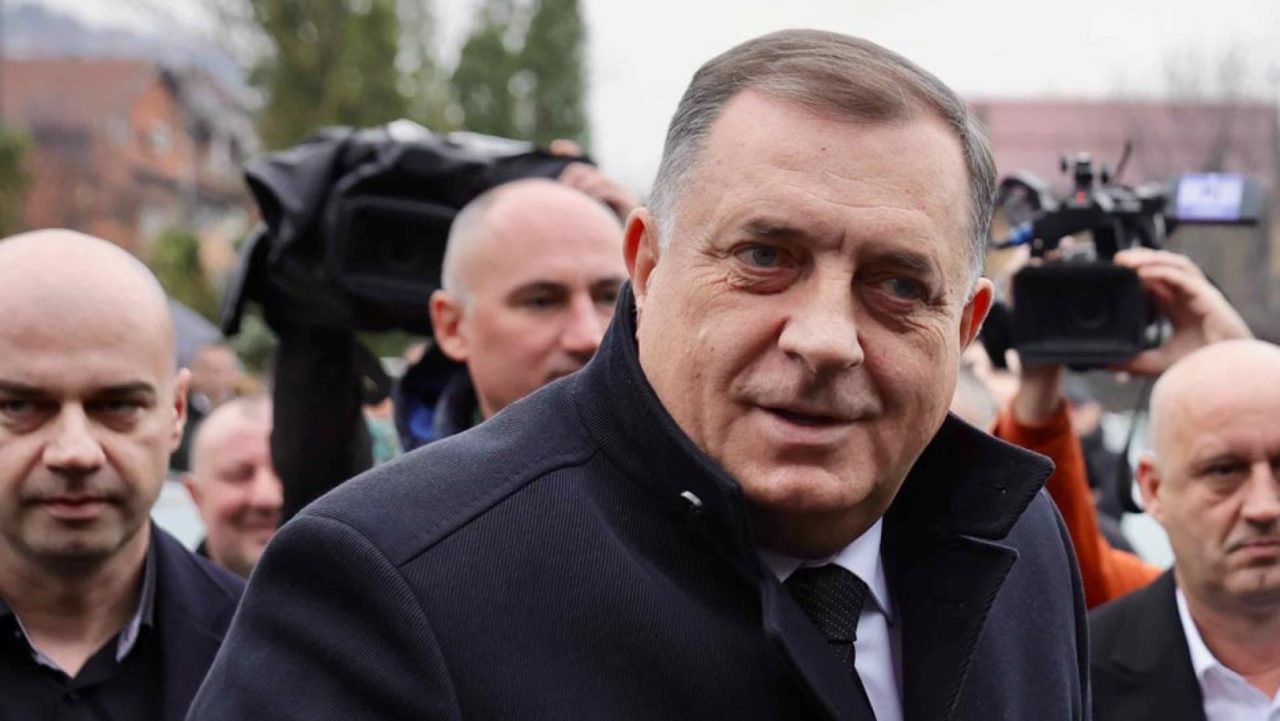After years of mutual accusations, political tensions, and rounds of sanctions, news from Washington shocked many — the U.S. State Department welcomed a decision of Republika Srpska.
International relations analyst Luciano Kaluža says that a sentence that seemed like diplomatic fiction until yesterday has now become a fact — one that signals a shift in the political course toward Banja Luka.
“For years, U.S. policy toward BiH was built on the idea of constraining and weakening Republika Srpska, portraying it as an obstacle to a technocratic, centralized state controlled from Sarajevo. The Biden administration pushed for that model — but it failed,” Kaluža said.
He emphasized that the Dayton Peace Agreement cannot be altered at the will of a single power center:
“Dayton works only when three peoples, two entities, and three political wills are respected.”
Despite immense pressure, Dodik remained consistent in advocating institutional stability and the right of Republika Srpska to determine its own future:
“While others doubted, he built relations with Russia, Hungary, Slovakia — and even with the United States, where quiet diplomacy has now begun to bear fruit. His assessment that the global order would shift — from ideology to pragmatism — has proven correct,” Kaluža explained.
Discussing the end of Biden’s presidency and the actions of former U.S. Ambassador Michael Murphy and Christian Schmidt, Kaluža said:
“Schmidt, a man without UN Security Council approval, imposed a law about himself — at the heart of Europe.”
Dodik was prosecuted for refusing to accept that an unelected foreigner is above the Constitution and courts of BiH — a process run solely by Bosniak prosecutors and judges:
“The trial intended to remove him from politics — instead, it strengthened support for him. Republika Srpska stood firmly behind its president.”
Kaluža said Dodik responded calmly and institutionally:
“He showed that strength lies not in retaliation but in preserving peace and order. That made him credible in the eyes of foreign partners.”
As a result, according to Kaluža:
“For the first time in many years, the U.S. recognizes Republika Srpska as a serious interlocutor — and Dodik as an indispensable partner.”
Meanwhile, Sarajevo was caught off guard as global political dynamics shifted, undermining expectations that Republika Srpska would be marginalized.
Another shock — this time from Moscow:
The Russian Foreign Ministry publicly welcomed the selection of Ana Trišić Babić as acting president of Republika Srpska, sending a clear message that loyal partnerships endure and pay off.
Kaluža concludes:
“In this new reality, Dodik emerges as a politician who has survived every political change — and ultimately outpaced them. While many rivals switched sides, slogans, and alliances, he remained steadfast. Politics is not a sprint — it is endurance. In a world of quick takes and short attention spans, Milorad Dodik appears to be a man who has outpaced his time — and those who believed they could stop him.”
Source: RTRS



